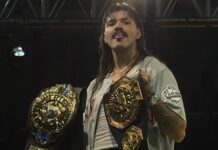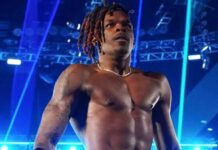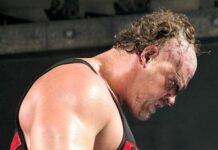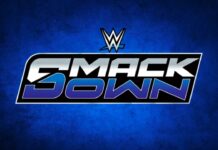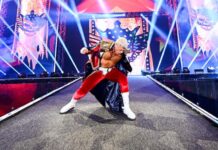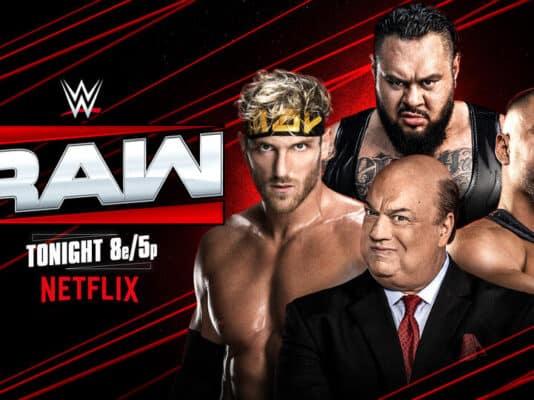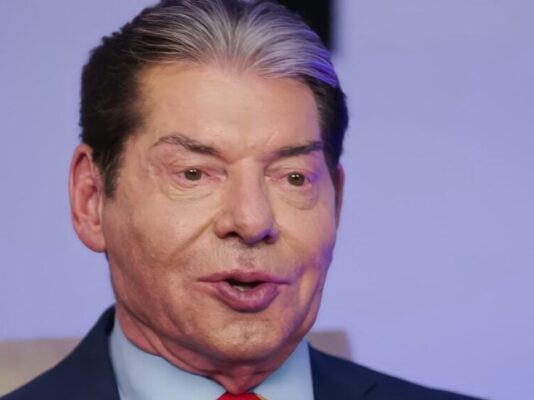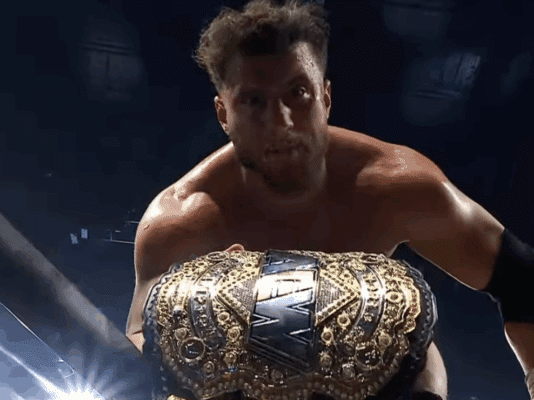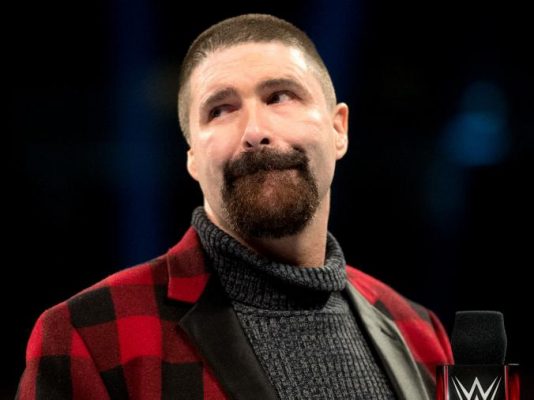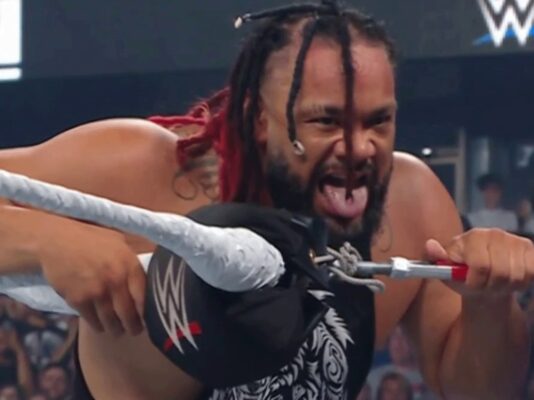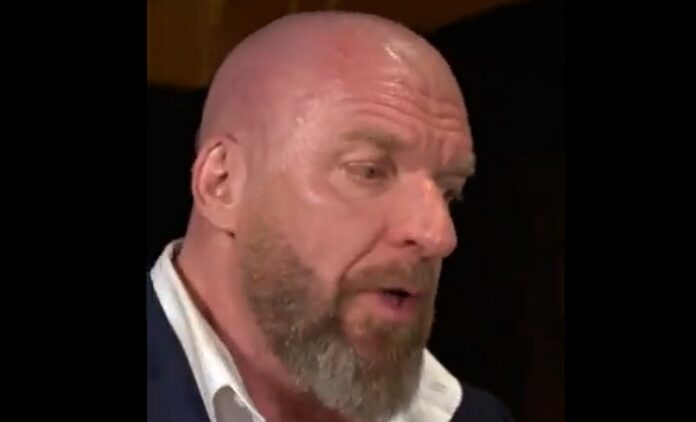
WWE Chief Content Officer Paul “Triple H” Levesque recently appeared on The Roommates Show, offering a rare glimpse into his journey from in-ring legend to one of WWE’s top decision-makers. The wide-ranging interview covered pivotal moments in wrestling history, including the Montreal Screwjob, and his early foray into WWE’s creative process.
One of the most compelling parts of the interview was Triple H’s firsthand account of the infamous Montreal Screwjob. Reflecting on the tense discussions leading up to the event, he recalled a phone call involving Vince McMahon and other key figures regarding Bret Hart’s refusal to drop the WWF Championship to Shawn Michaels.
“A famous story in our business of a moment in time called the Montreal Screwjob where they flipped the finish of a match on Bret Hart,” Triple H explained. “There was a moment when we were all on the phone together, and Vince had come to us and said, ‘Bret is not gonna not re-signing, and he won’t drop the title to Shawn.’ Survivor Series was booked. We were maybe a week out, or something like that. It was close. The conversation was basically, ‘Here’s what he’s willing to do, and it’s going to kill business.’ There was just silence. Nobody knew what to say. I was probably the least important person on the totem pole at that time, but I was like, I gotta say it. I was like, ‘F*ck that. If he won’t do business, do it for him.’ That started a conversation that led to the Montreal screw job. That’s kind of like a bold move. I guess that paid off.”
The interview also explored how Triple H transitioned from performer to creative contributor, a decision that began during the Monday Night Wars. He recounted how Vince McMahon was left without a writing team after WCW signed away WWE’s writers in the middle of the Attitude Era. Sensing an opportunity, Triple H approached Vince with an offer to help:
“Right n the middle of the Attitude Era, the guy that was writing the shows with Vince McMahon left and took his team with him and signed with WCW, right in the middle of the Monday night wars. So Vince was left to write the shows by himself, which is really a difficult task,” he said. “I was still young, but I knew creatively, Vince and I got along, and I knew creatively, we kind of worked well together. I debated doing it, but I went to him before we left TV that day, and I said, ‘Hey, I’m going home for a few days. I got a couple of days off. Can’t be easy to write these shows on your own with nobody to bounce information off of. I’m home if you need it, and I know you probably won’t call, but I just wanted to say that to you’, and I left. This is way before Stephanie. This is like, he’s just my boss.”
Initially, he doubted his decision:
“After I left, I remember driving in the car thinking to myself, what an idiot saying that to him. He was probably like, this kid thinks he can help me. Like, what a moron.” However, his offer was well-received. “The next day, my phone rang. He’s like, ‘Hey, it’s Vince.’ I was like, ‘How’s it going?’ I halfway thought he was going to be like, what are you thinking telling me he’ll help me, or whatever. He was like, ‘I’m writing TV. You got a couple of minutes.’ I was like, ‘Yeah.’ We started talking creative on the phone, and then that led to him down the line saying, ‘Hey, why don’t you start coming to production meetings?’ I wasn’t getting paid to do it. I wasn’t anything else. I’d have to get there four hours earlier than everybody else and I was like, all right. I like that side of the business, so a decision like that, of just taking that gamble, sort of, I’m kind of sitting here today as the Chief Content Officer running the creative because I made that offer.”
The interview highlighted how critical moments—both in wrestling history and in his own career—shaped Triple H’s path. From advocating for decisive action during the Montreal Screwjob to volunteering his creative insights during a time of crisis, Triple H’s willingness to seize opportunities played a major role in his transition from performer to one of WWE’s top executives. His story serves as a testament to the importance of taking risks, speaking up, and being proactive in pursuit of one’s goals.
You can check out the complete interview below:

